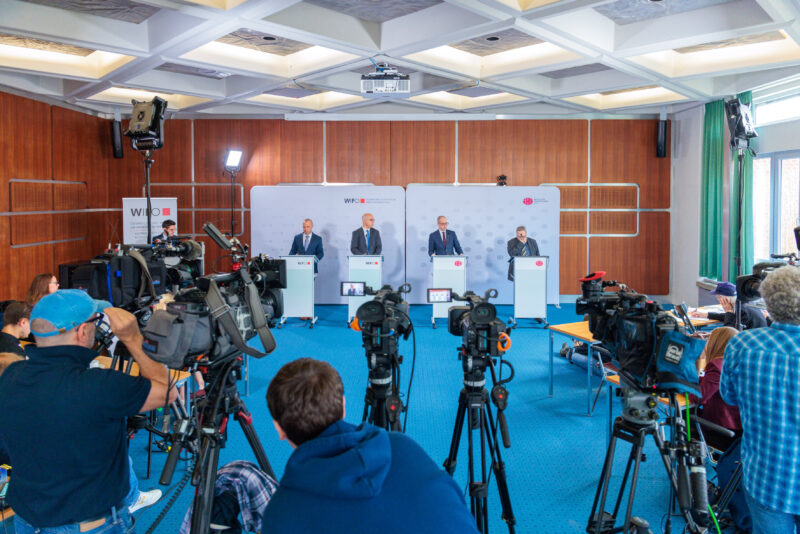
Performance Measurement in Universities
For more than 20 years now, the autonomy of universities has been being promoted in many European countries. This trend has also had an impact on the relationship between governments and the university sector, for example in terms of accountability, transparency and monitoring. New systems of university funding were also a consequence of these developments and, according to WIFO Director Badelt, they were mostly based on performance indicators.
In Austria, for example, performance agreements are concluded for three years between individual universities and the Federal Ministry of Education, Science and Research. They form the basis for the university's work programme, define the budget framework and indirectly include target agreements which must then be implemented by the university management with the university's academic units.
Badelt outlined the strengths and weaknesses of this Austrian system. It is too naive an assumption of politics that performance agreements enable an ideal control of the universities while at the same time increasing efficiency. Universities as well as individual faculties or departments would adapt to the respective indicator systems and quickly find ways to use the systems in their individual interests. Nevertheless, this performance measurement has proven to be a necessary prerequisite for the autonomy of the universities, as it contributes significantly to the legitimacy of the use of taxpayers' money. In addition, the communication process that is set up around these agreements is of great value.
























